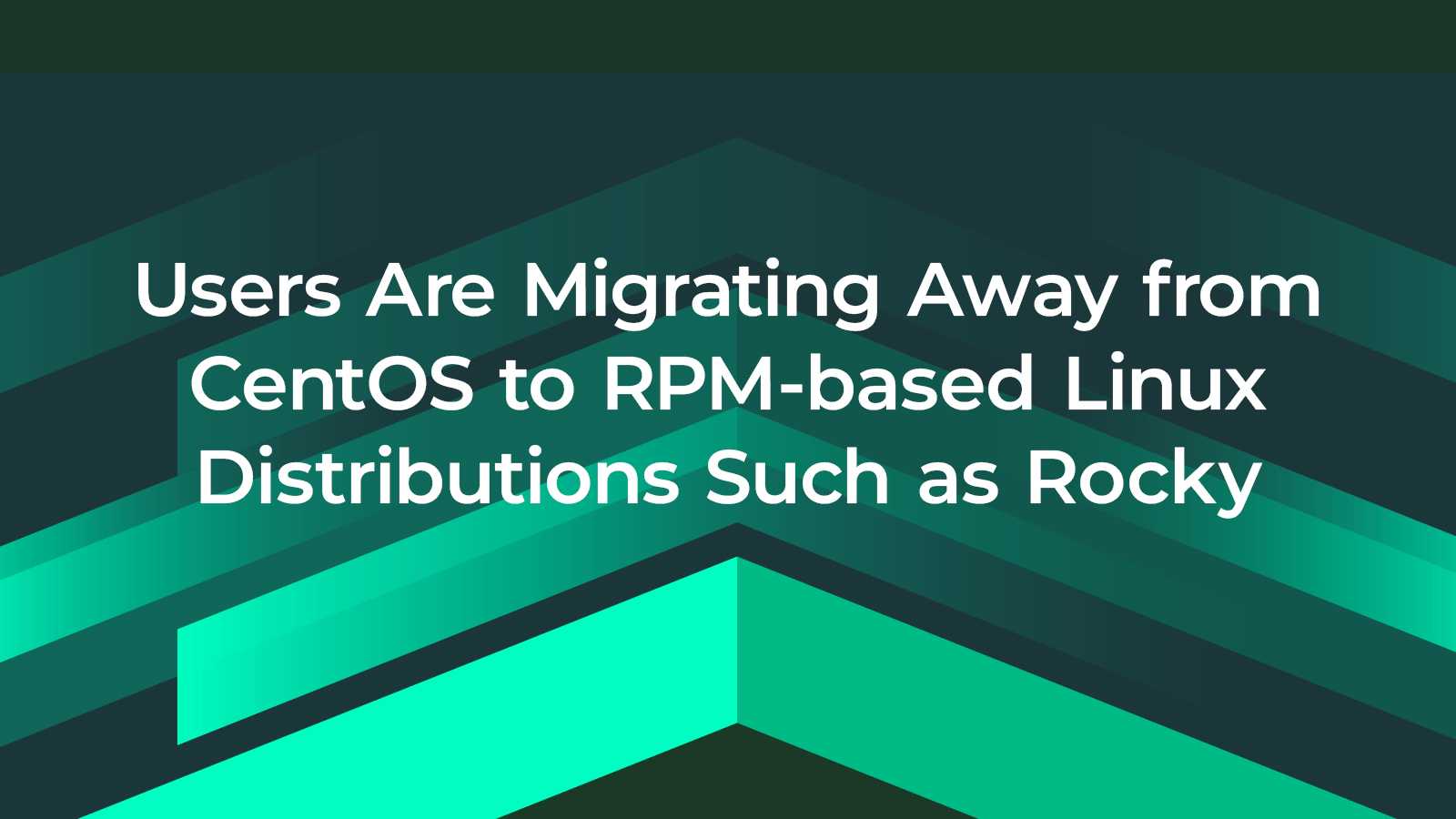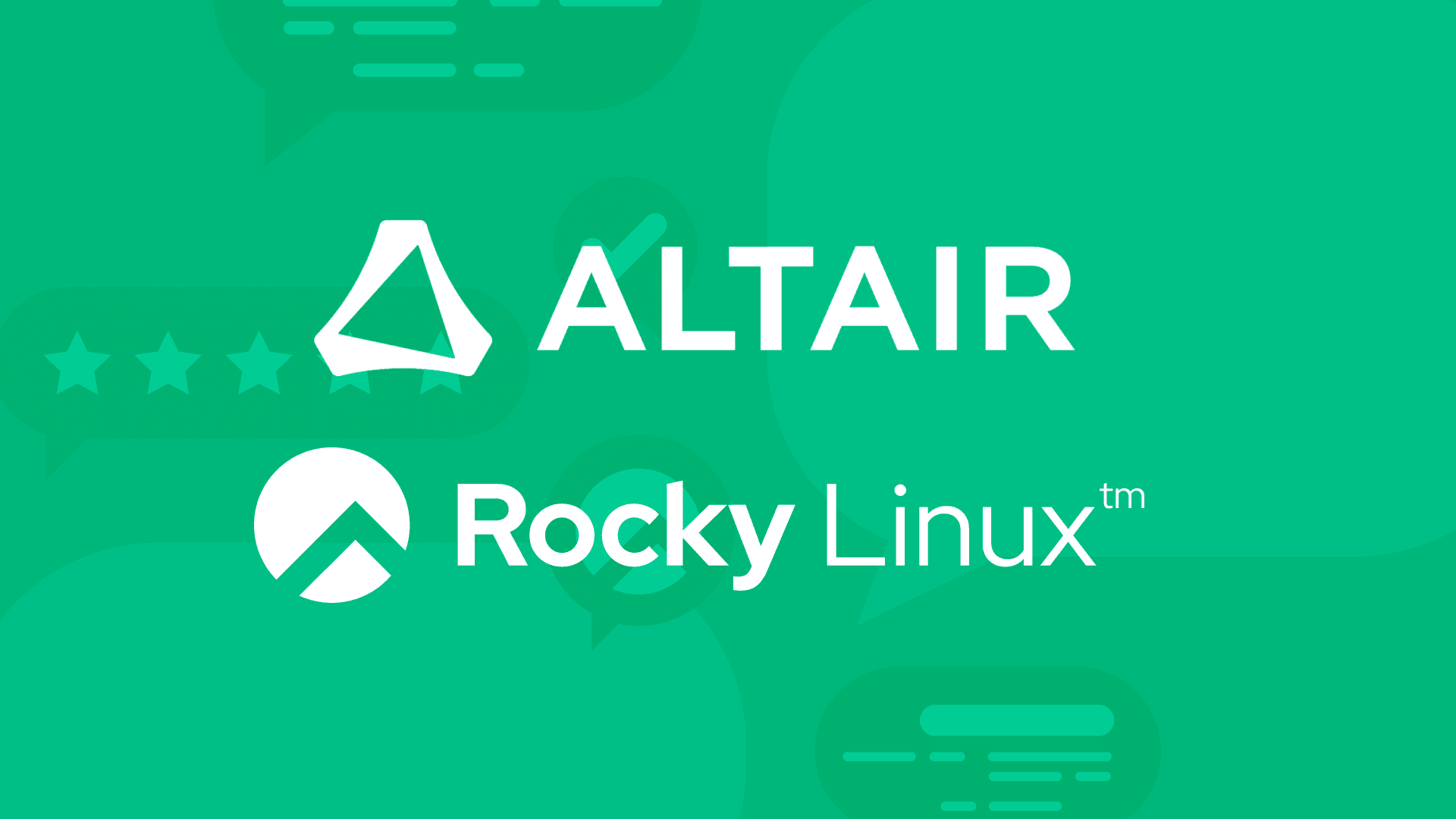1 min read
Steady Trend in CentOS Migrations to RPM-Based Distributions

Hyperion Research, a research firm that provides data-driven research, analysis, and recommendations for technologies, applications, and markets in high performance computing and emerging technology areas, recently published a Hyperion Research HPC Market Update report that paints a positive picture of the HPC market.
Here are a few key highlights from the report:
-
Total 2022 HPC revenue (on-premise and cloud) is estimated to be around $38.5 billion, roughly 10% over 2021 ($34.8 billion). 2023 is forecast to be in the $42.7 billion range.
-
The use of cloud-based HPC is surging. (By the way, CIQ enables this on Amazon AWS, Google, Microsoft, and Oracle).
-
Storage is getting an added boost driven by the data demands of AI and IoT.
-
Research findings support the trend to migrate away from CentOS:
-
Only 37.6% of Hyperion’s multi-client study (MCS) 2022 respondents report using CentOS this year, with 72.1% of those users reporting plans to migrate from CentOS to another operating system.
Let’s take a look at where the respondents are migrating to, according to Hyperion Research:
Hyperion Research, 2022
Clearly, Rocky Linux is among the most frequently adopted Linux distributions now that CentOS 8 has been end-of-lifed. According to metrics tracked by the Extra Packages for Enterprise Linux (EPEL) Special Interest Group (SIG), Rocky Linux adoption is outpacing all other Enterprise Linux variants.
At the SC22 supercomputing show last week, we showcased Rocky Linux, Apptainer, and Warewulf, which are aimed at easing enterprises’ paths into HPC. We also offered a sneak peek at our HPC 2.0/cloud-native federated computing solution, called Fuzzball. The future is bright for anyone in research, academia, and industry who is looking to harness the full power of computational resources and easily and efficiently execute critically important performance-intensive workloads. If you’re looking to accelerate time to value with an Enterprise High Performance Computing integrated solution or an HPC 2.0 solution for scientific research, modeling, or machine learning/AI, please contact us.
Built for Scale. Chosen by the World’s Best.
1.4M+
Rocky Linux instances
Being used world wide
90%
Of fortune 100 companies
Use CIQ supported technologies
250k
Avg. monthly downloads
Rocky Linux



